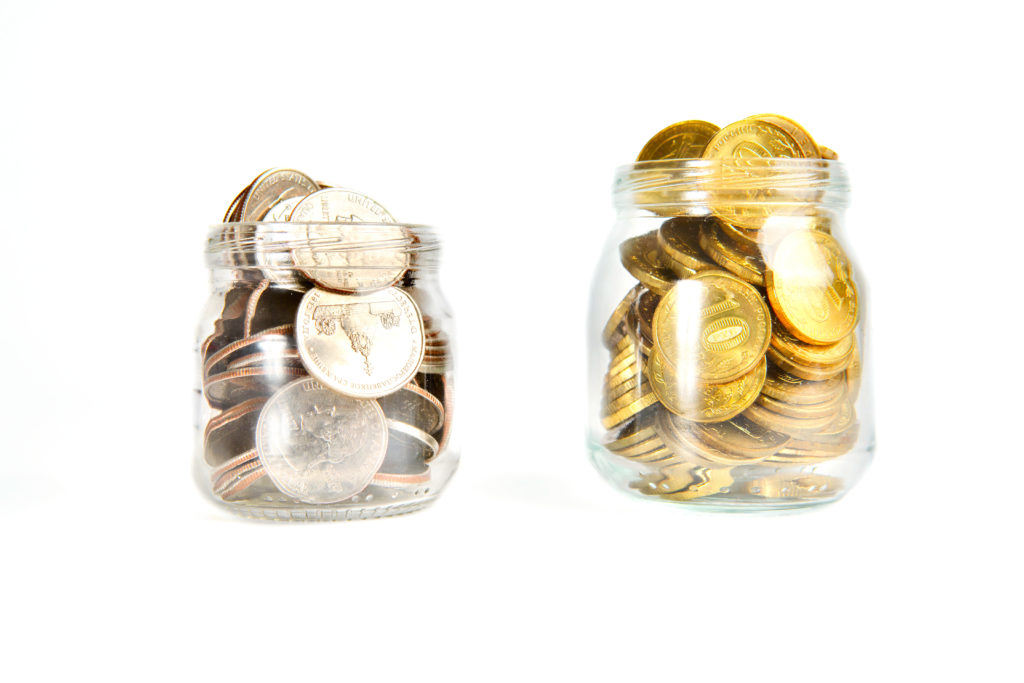
When parties are dealing with financial matters on divorce they are usually required to produce the cash equivalent transfer value (CETV) of their pension fund, but what does it mean?
Most final salary pensions quote valuations which would not buy the equivalent benefits on the open market. Sometimes the value is half. These valuations cannot be contested. The valuations are simply based on different assumptions used by the pension trustees. It is often more beneficial to focus on the pension income. For example to equalise incomes an internal transfer of rights from one party to the other (where there is an imbalance in the pension fund valuations) will result in an enhancement in income for the party receiving the transfer. The cash equivalent value of the amount transferred is completely irrelevant.
Not all pension schemes will allow internal transfers. Some insist on external transfers, or otherwise permit this. Pension sharing works by way of external transfers of pension credits to another recognised pension scheme, as a cash transfer. Problems arise when the cash equivalent value of a final salary scheme is low compared to the income that it produces. Final salary schemes seem to offer poor cash equivalent value when the pension credit has to be used to buy a pension benefit on the open market. The cash benefit produced by the final salary scheme does not stretch as far, because annuities on the open market are more expensive.
Equalising incomes in different final salary pension schemes is also difficult because different schemes produce different incomes.
Again the cash equivalent value cannot be contested. A transfer of cash from one pension to another, to produce equal incomes, commonly results in a loss of combined incomes.
In these circumstances the cash equivalent value of the final salary pension is irrelevant, and it is a pension income figure that is vital for calculating size of the pension share. The cash equivalent is only relevant for working out how much has to be shared when there is an external transfer, and the aim is to equalise income.
To avoid a drop in combined incomes following pension sharing it is important to look at other options. Where there are money purchase pensions available it can be better to share these rather than a final salary pension, as this can help to preserve pension income for both sides.
The downside is that money purchase pension funds are subject to more investment risk. Final salary pensions are normally guaranteed. Sharing both final salary and money purchase pensions can overcome this problem, but this is an expensive option.
If the parties are close to retirement it is reasonable to assume that at retirement date annuities are purchased with money purchase funds, which would then create the same certainty of income as a final salary pension.
Recent legislation now permits cash to be withdrawn from money purchase pension funds, but doing this would reduce pension income on retirement, and have severe tax consequences. If that is the only access to cash that a party has it may be worth doing. Buying a Lamborghini (as George Osborne once mentioned) is probably not good retirement planning, no matter how fast they go nor how good they look.
Should you require further advice on divorce and pension divide therein, please contact a member of our family team who will be happy to advise.
